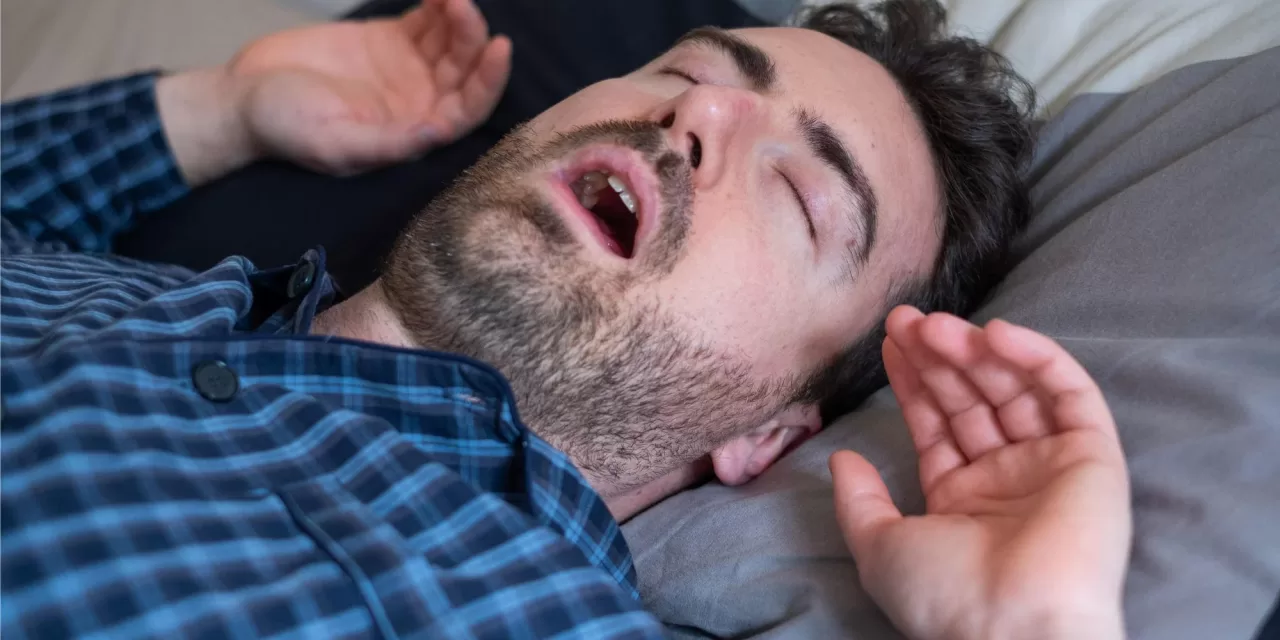A groundbreaking study from the University of Maryland School of Medicine (UMSOM) has revealed a notable connection between frequent snoring and behavioral issues in adolescents, without any evidence of cognitive decline. The research, published in JAMA Network Open, analyzed the long-term effects of snoring on children’s behavior and cognitive abilities, marking the largest study of its kind to follow children from elementary school through their mid-teen years.
The study tracked nearly 12,000 children enrolled in the national Adolescent Brain Cognitive Development (ABCD) study, the largest ongoing study of brain development and child health in the United States. Researchers analyzed data from parents, as well as cognitive and behavioral test results, over the course of six years, starting when the children were 9–10 years old and continuing through their 15th year.
Findings show that adolescents who snored three times or more per week were more likely to exhibit a range of behavioral problems, including inattention, rule-breaking behaviors, and aggression. These children also struggled with social interactions, including difficulties forming friendships and expressing themselves clearly. Despite these challenges, the study found no significant difference in their cognitive abilities—such as memory, language, and reading skills—when compared to peers who did not snore.
“Adolescence is a period when the brain’s resilience can withstand adverse inputs, which might explain why we see cognitive function preserved despite habitual snoring,” said Dr. Amal Isaiah, study co-author and Chief of Pediatric Otorhinolaryngology at UMSOM. “However, behavioral problems could be a sign that a child needs attention. Parents may want to consider a sleep study if their child is snoring, perhaps even before seeking an ADHD diagnosis.”
This research expands on previous work by Dr. Isaiah that linked habitual snoring to brain changes and behavioral problems in children. While snoring is commonly associated with poor health outcomes, including academic struggles and poor classroom behavior, this study suggests that cognitive impairments typically linked with sleep-disordered breathing may not necessarily be present in adolescents who snore.
The findings are particularly important for parents navigating treatment options for snoring in children. As many as 15% of American children suffer from sleep-disordered breathing, a condition frequently misdiagnosed as ADHD. The study’s results encourage a more nuanced approach to treatment, recommending that parents and pediatricians consider sleep studies as a first step for children with behavioral issues, rather than immediately resorting to medications like stimulants commonly prescribed for ADHD.
The research team utilized sophisticated data analytics, processing over a million data points to examine the effects of sleep-disordered breathing on children’s developing brains. This cutting-edge work was made possible through the use of advanced computational and artificial intelligence tools at the UM Institute for Health Computing, allowing the team to complete months of calculations in just days.
“The innovative use of AI is revolutionizing how we can understand the long-term effects of sleep disorders on the brain,” said Dr. Mark T. Gladwin, Dean of UMSOM. “This is just the beginning, and we hope to expand our research using even larger datasets to explore the causal relationship between snoring and brain development.”
As the study concludes, the team plans to continue using AI to process larger datasets and further investigate the long-term impact of snoring on brain health.
For more details, read the full study in JAMA Network Open: Cognitive and Behavioral Outcomes of Snoring Among Adolescents (DOI: 10.1001/jamanetworkopen.2024.44057).












